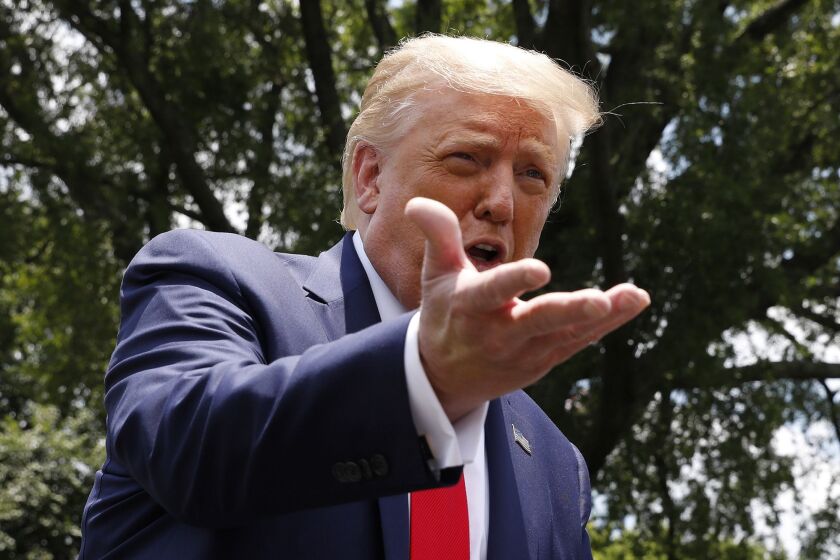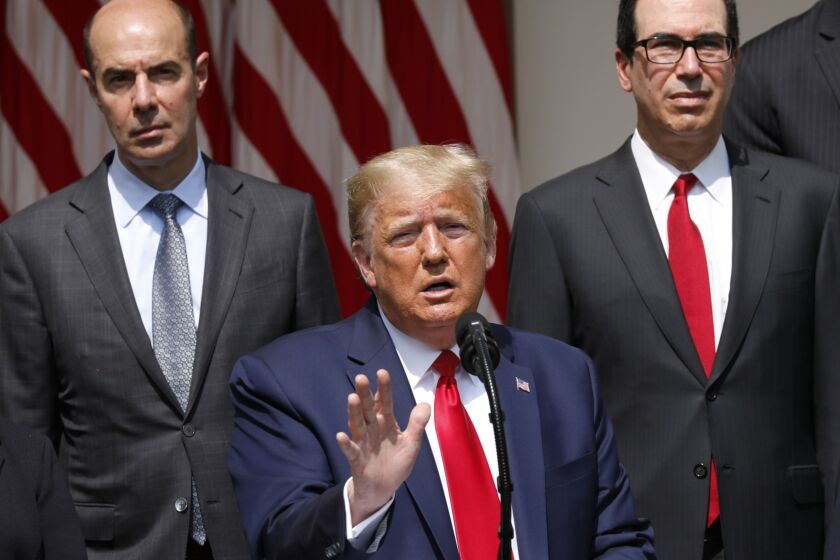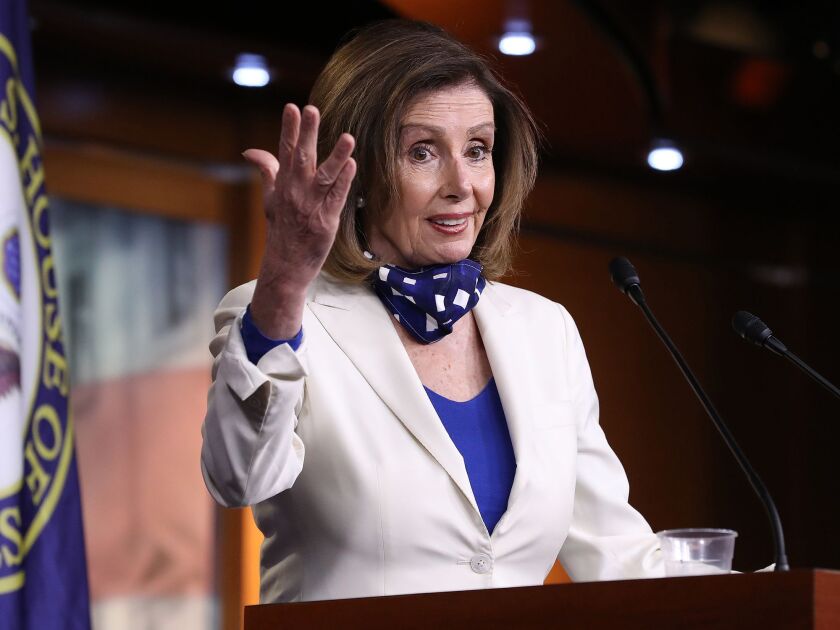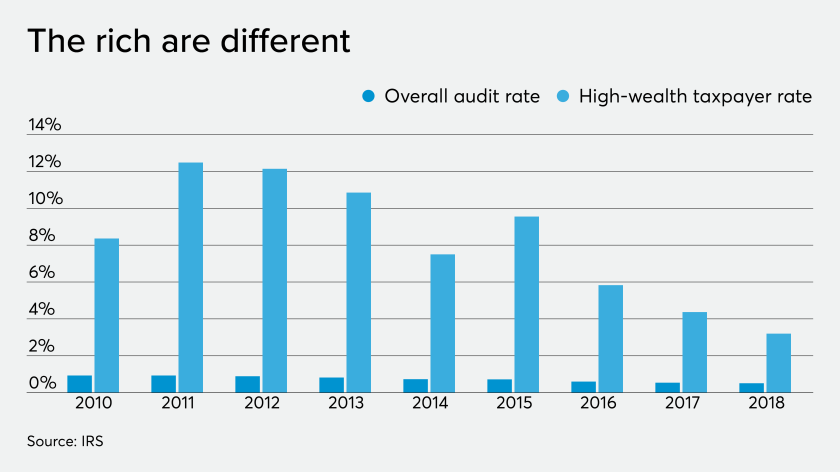The White House isn’t considering an executive order to carry out President Donald Trump’s call for a cut in the capital gains tax because Congress probably would have to change the rate, administration officials said.
President Donald Trump is tapping his presidential authority to make tax changes that Congress is refusing to do, but his limited power means he could end up over-promising and under-delivering on his pledge to slash IRS bills.
Any boost for workers from a payroll tax cut that President Donald Trump favors would take weeks to kick in and the effects could be distributed unevenly.
The Tax Cuts and Jobs Act created opportunity zones as an economic development tool to stimulate investments in distressed communities.
The White House is signaling to Congress that President Donald Trump could reject a new coronavirus aid bill if it doesn’t include a payroll tax cut, adding a new complication to already contentious negotiations between Republicans and Democrats on the next round of stimulus.
President Donald Trump said he’ll ask Congress to pass more economic stimulus, including a payroll tax cut, even after the government reported a surprise improvement in U.S. unemployment on Friday.
House Speaker Nancy Pelosi dismissed President Donald Trump’s call for a payroll tax cut and changes in the capital gains tax, saying it wouldn’t help millions of unemployed workers and others struggling in an economy shut down by the pandemic.
President Donald Trump has fixed his sights on getting a payroll tax cut in the next coronavirus stimulus bill, but it’s unclear whether he can get Republicans — much less Democrats — to go along with such a high-cost item that likely would have only a modest impact on the economy.
A big cut in the payroll tax is high on President Donald Trump’s wish list for the next coronavirus response bill, but the idea is getting the brushoff from newly cost-conscious Republicans and Democrats who would rather send aid to people who aren’t getting a paycheck.
Rich Americans are taking advantage of an unprecedented opportunity, made possible by the coronavirus pandemic, to transfer money to their children and grandchildren tax-free.











